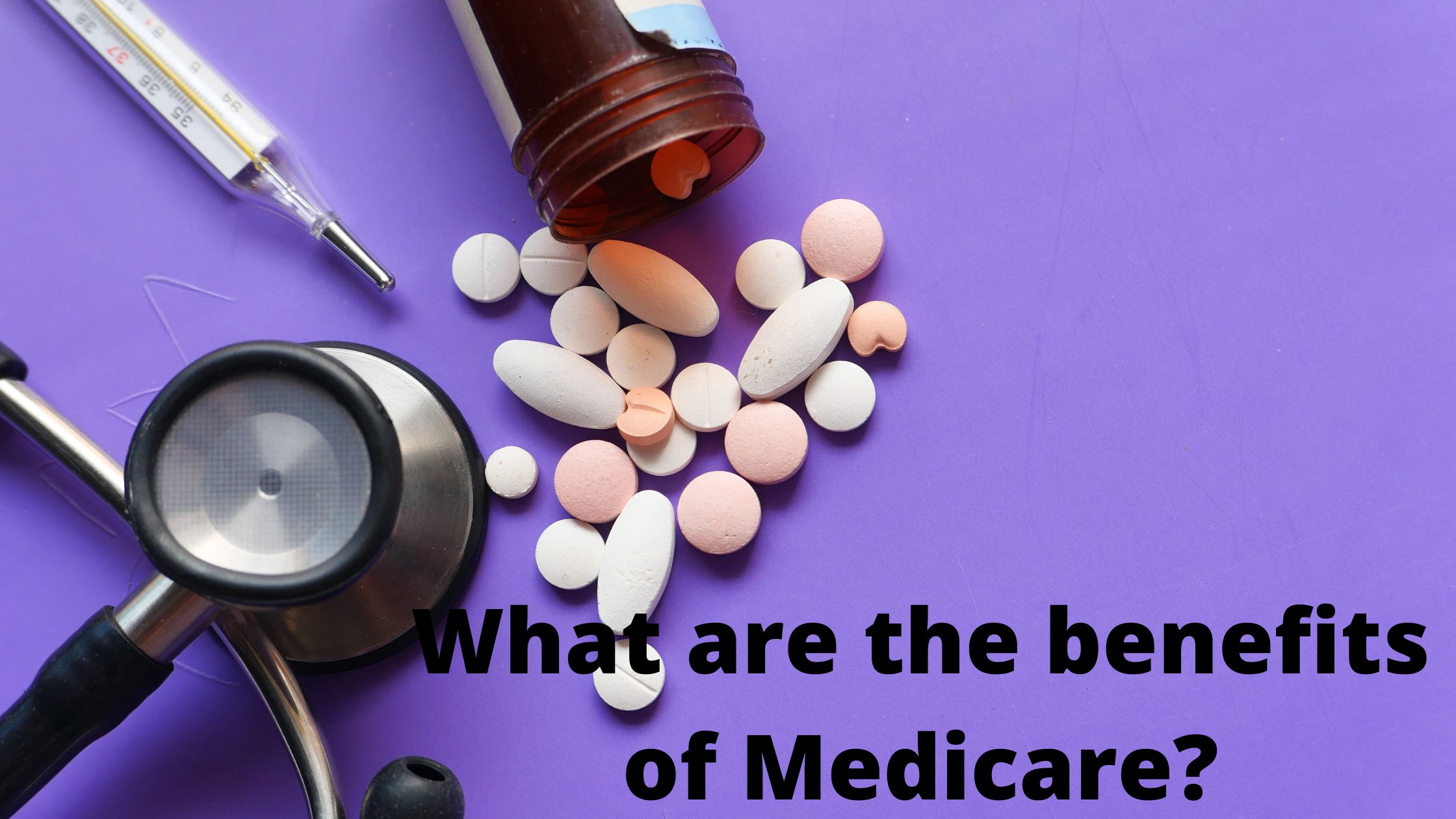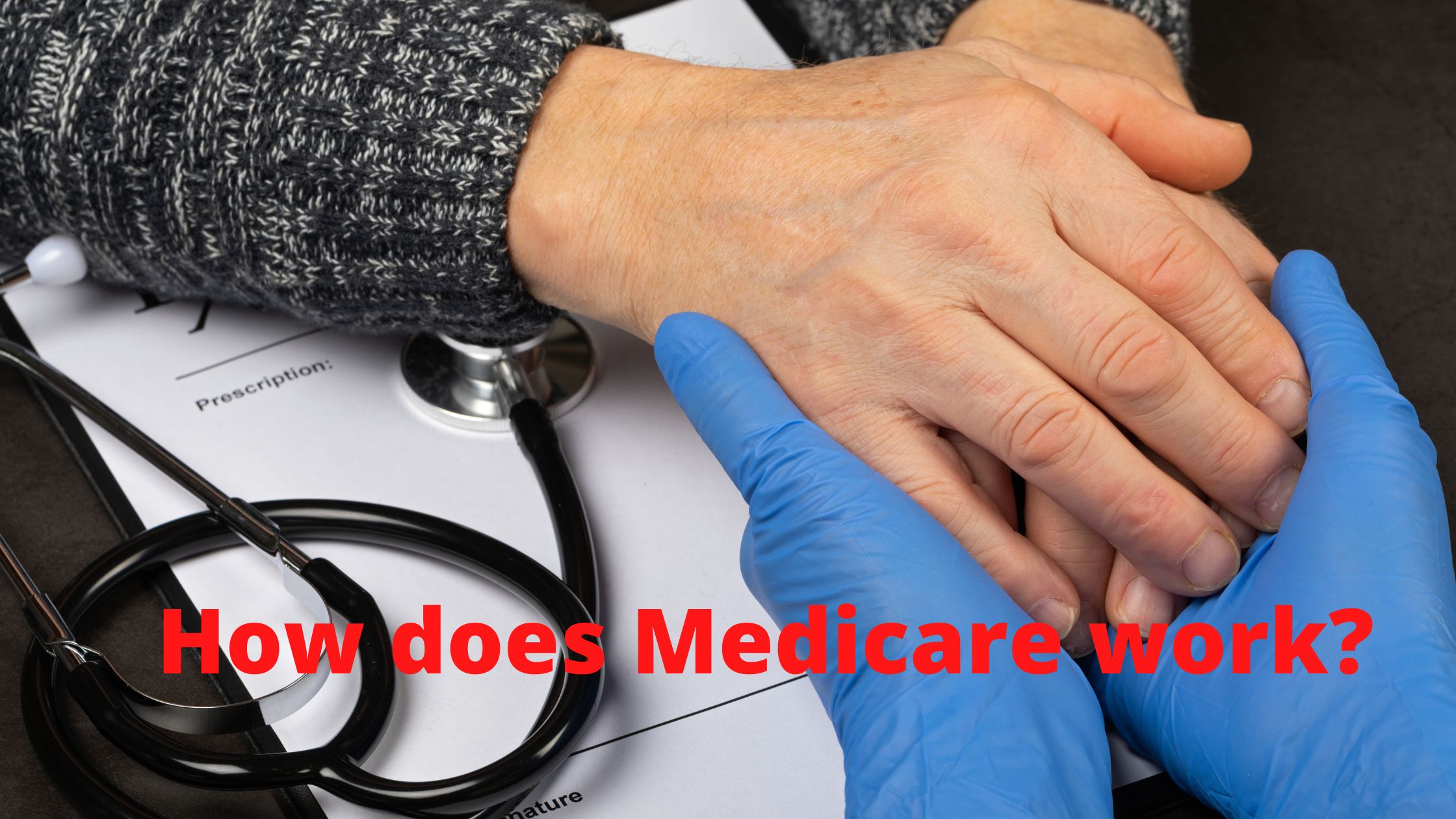Medicare is a government-run healthcare program in the United States that provides coverage to people aged 65 and older and people with disabilities. It is one of the largest social welfare programs in the world, and its reach is only going to continue to grow in the coming years. In this comprehensive guide, we will cover everything you need to know about Medicare, from the basics of how it works to the more specific changes that have been made over the years. We hope that this guide will help you make an informed decision about whether or not to enroll in Medicare and help you navigate through its complicated system.
What is Medicare?
Medicare is a government-sponsored health care program in the United States designed to provide insurance for people aged 65 and older, and those with disabilities. Basically, Medicare provides coverage for hospital stays, doctor visits, medications and more.
What are the benefits of Medicare?
There are a lot of benefits to Medicare, including that it can help you save money on your healthcare costs. For example, if you’re covered by Medicare and you need to go to the hospital, your hospital bill will likely be much lower than if you were to have the same surgery or medical procedure done privately. Medicare also provides coverage for preventive services like screenings and checkups, which can help you stay healthy and reduce your chances of getting sick in the future. Finally, many doctors who accept Medicare patients also accept payment through Medicaid (a government-sponsored health care program for low-income adults) so you won’t have to worry about finding a doctor who accepts your insurance plan.
How does Medicare work?
Medicare works a little different than most other healthcare plans because it doesn’t just cover hospital visits and doctor visits – it also covers a variety of outpatient treatments and prescription drugs.
How does Medicare work?
Medicare is a government program that provides healthcare to seniors and people with disabilities. It is a nonprofit, national health insurance program that was established in 1965. Medicare is different from other types of health insurance because it does not require patients to pay copayments or premiums. Instead, it pays hospitals, doctors, and other providers directly. The program also provides coverage for some prescription drugs and medical equipment.
Medicare is changing the entire healthcare industry by providing affordable and accessible care to millions of Americans. It has eliminated the necessity for many seniors to pay out-of-pocket for healthcare expenses, which has saved them hundreds of dollars each year. In addition, Medicare provides coverage for long-term care, which is becoming increasingly important as the population ages.
What are the premium costs for Medicare?
Medicare is known for its premium costs. The premium costs are based on your age, sex, and enrollment status. The premiums are broken down into two types: Monthly Part B premiums and Annual Part B premiums.
Monthly Part B premiums: The monthly Part B premium for individuals aged 65 or over is $134.90. The monthly Part B premium for individuals under the age of 65 is $104.90.
Annual Part B premiums: Annual Part B premiums are paid when you enroll in Medicare. The annual Part B premium for individuals aged 65 or over is $1,239.60. The annual Part B premium for individuals under the age of 65 is $814.40.
Part D drug coverage: If you have Medicare, you must also havePart D drug coverage. The Part D drug coverage has a monthly premium that depends on your income level and whether you have other health insurance that covers prescription drugs.
»
Medicare is a program that provides health insurance to elderly Americans and people with disabilities. It is known as one of the most expensive programs in the United States, with monthly premiums ranging from $134 to $1,239 per month depending on an individual’s age,
What are the benefits of Medicare?
Medicare is a government-sponsored health insurance program that is available to people age 65 or older and those with certain disabilities.
The program provides comprehensive coverage for hospital, doctor, and prescription drug costs as well as a wide range of other medical services.
The program is administered by the Centers for Medicare and Medicaid Services (CMS).
There are a number of important things to know about Medicare, including the following:
– Anyone age 65 or older can enroll in Medicare.
– Medicare covers both basic and supplemental health care needs.
– The program does not require you to pay premiums or co-payments.
– Medicare coverage begins the day you turn 65 years old.
– You may be able to continue receiving benefits after you reach 85 years old.
– You may be able to receive additional benefits if you have a disability.
– If you are eligible, you can also enroll in Medicaid or CHIP.
What if I don’t have Medicare?
Medicare is one of the biggest changes to healthcare in recent decades. If you are over 65 years old and don’t have Medicare, you may be wondering what your options are. There are a few different ways you can get healthcare coverage, but they all come with some important considerations.
The most common way to get healthcare coverage is to purchase a private health insurance policy. However, Medicare is an excellent option if you don’t want to buy a policy or if you can’t afford one. Medicare provides comprehensive coverage for people ages 65 and older, including hospitalization, doctor visits, and prescription drugs.
There are a few things to keep in mind when deciding whether or not to get Medicare. First, it may be difficult to find a provider that accepts Medicare. Second, premium rates for Medicare policies tend to be higher than rates for policies purchased on the private market. However, if you have significant medical expenses, Medicare may be the best option for you.
If you decide that Medicare isn’t right for you, there are other ways to get healthcare insurance. You can buy a private health insurance policy through an employer or through the government-run program Medicaid
What if I need more than Medicare offers?
As the baby boomer generation begins to retire, more people are turning to Medicare as their primary source of healthcare. But what if you need more than what Medicare offers?
Medicare is a government-run health insurance program that provides benefits to individuals over the age of 65 and those with disabilities. It doesn’t cover everyone, though. If you have other health insurance, Medicare may not be enough.
If you’re not covered by Medicare or another form of insurance, you may be able to find coverage through a private healthcare plan or through public health programs like Medicaid. Private healthcare plans usually offer less coverage than Medicare, but they may be cheaper. Public health programs like Medicaid can offer comprehensive coverage for low-income individuals and families.
There are also a few ways to get supplemental coverage. You can buy insurance through a group plan or an individual plan offered through an employer. You can also purchase supplementary insurance policies from companies like Medi-Shield or TRICARE. These policies supplement your primary insurance and provide additional protection in case of illness or injury.
Conclusion
For many people, Medicare is a bedrock of the U.S. healthcare system, providing basic coverage for those who can’t afford to pay for care out-of-pocket. However, as the U.S. healthcare industry rapidly changes, so too does Medicare — and that means big changes for both beneficiaries and providers alike. In this comprehensive guide, we will highlight some of the most important updates to Medicare since it was first instituted in 1965, and discuss how these updates are likely to change the way you receive medical care moving forward. Whether you are an individual looking to understand what these changes mean for you or an entrepreneur looking to capitalize on this trend by offering innovative services to Medicare beneficiaries, read on!

